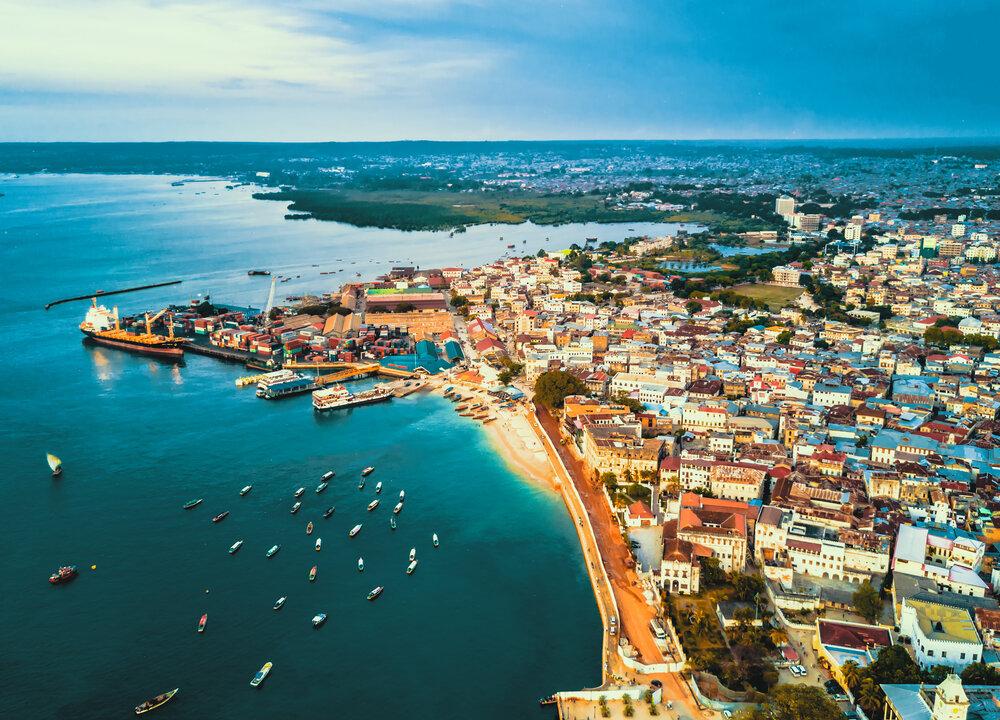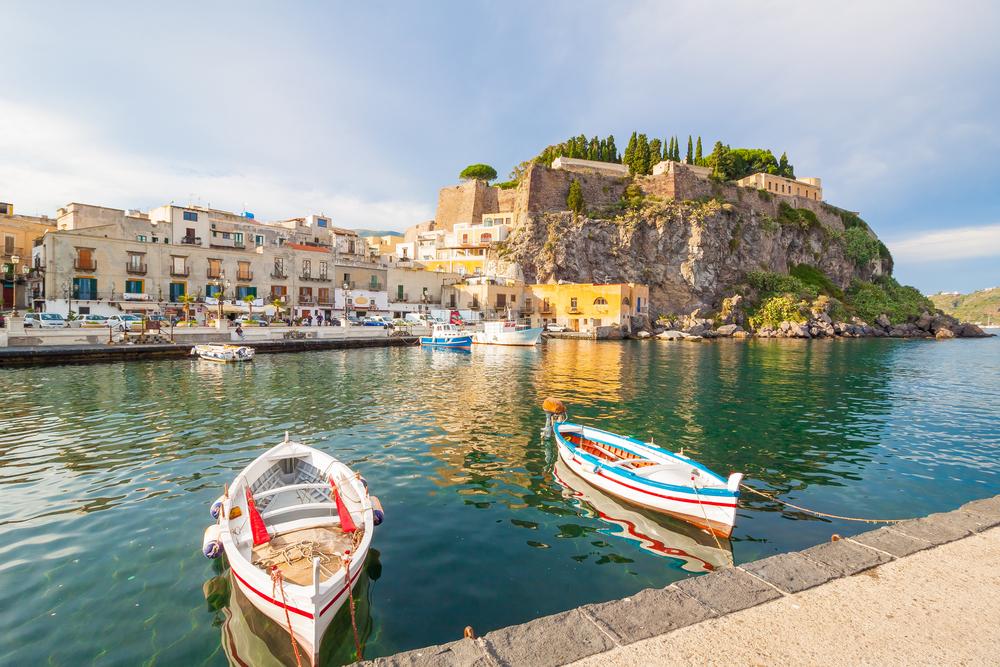
Micro blogging network Twitter did something rather extraordinary yesterday, their decision to block Germans from seeing tweets by a neo-Nazi group setting many precedents. For the first time one of the world’s most visited social media networks enacts a policy on “country withheld content”.
Back in January of this year Twitter announced their creation of new policies aimed at blocking accounts at the requests of governments, a move Twitter attorneys said would balance freedom of expression and adherence to local laws. Thursday’s actions by Twitter are the first instance of the social network having initiated those new policies. In keeping with them, Twitter released a so called “transparency report” earlier this year which reflects governmental requests to engage on selected accounts. Those requests by governments were typically in connection with criminal activity according to Twitter.
Herein resides the motivation for Twitter to “block” the neo-Nazi account from being viewed in Germany. It is illegal to display Nazi symbols, and officials have made certain kinds of demonstrations illegal for members of the National Democratic Party (NPD), or the party representing the far, far right here. On a personal note, it is also highly frowned upon to even discuss in casual conversation topics such as Hitler, WWII topics to deal with Nazis or even the SS. Germans are very sensitized to such topics, and the recent blockage by Twitter will likely meet with favor accordingly. However, Twitter has forged into brand new territory.
A BBC report earlier this year brought into focus German fears that a new breed of neo-Nazi having surfaced. A series of racially motivated murders having been committed by members of a neo-Nazi group dubbed the Zwickau cell, after the town name from which they operated. The overriding concern by the Germany government, and the resurgence of the NPD, tell one side of the Twitter blocking story. But, there is another side.
Twitter may indeed open up the proverbial “flood gates”, having taken this action. Abiding by Germany’s sovereign rights on the one hand, may indeed lead to encroaching on human rights on the other. The overriding question here may end up being; “Who at Twitter is qualified to decide the dividing line?” When some despot directs that his or her opposition be blocked, when any country passes laws that infringe heavily on individual or group rights, then what will Twitter’s answer be?
The decision for neo-Nazis may indeed be a simple one for Twitter’s executives, but is it supportable across the spectrum of issues? What happens when Japan wants to block Ch?kaku-ha? Or when France needs tweets from the National Liberation Front of Corsica blocked? How about when the Roma people get profiled in Europe, and the EU demands they be banned from Twitter? Already many Western Europeans confuse the Roma, so called gypsies, and basically anyone from Romania. Censorship is a double edged sword.
Tell us your view.
Photo credit: Twitter wisdom - courtesy © creativ4ik - Fotolia.com
The Epoch Times publishes in 35 countries and in 19 languages. Subscribe to our e-newsletter.
Join us as an Epoch Times Contributor!




